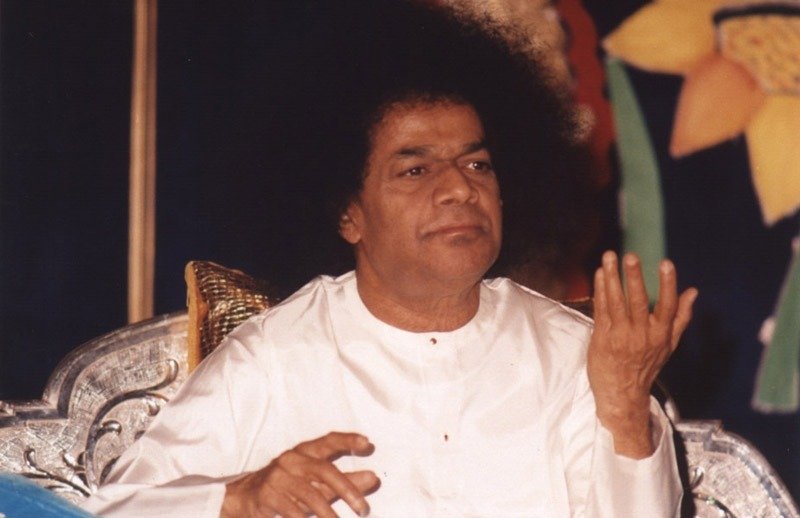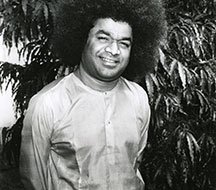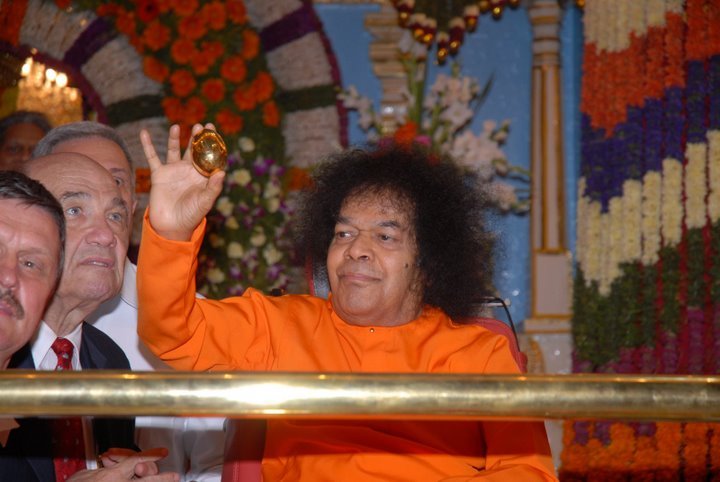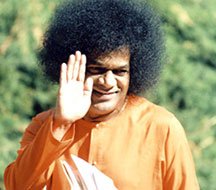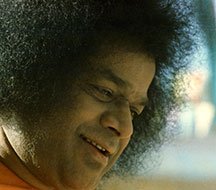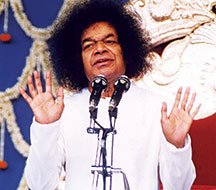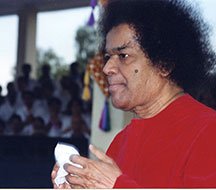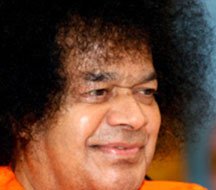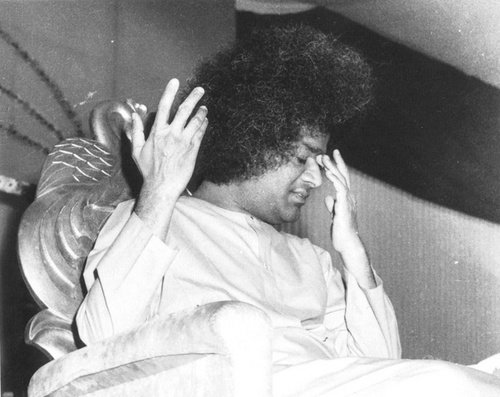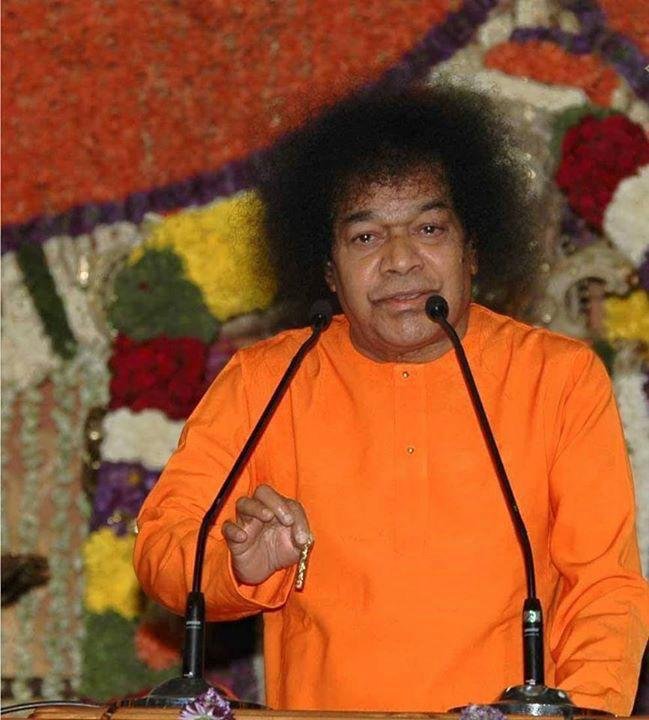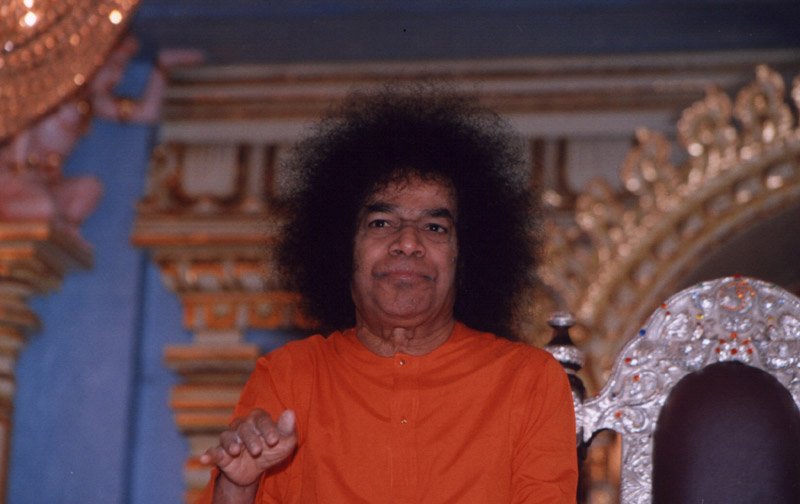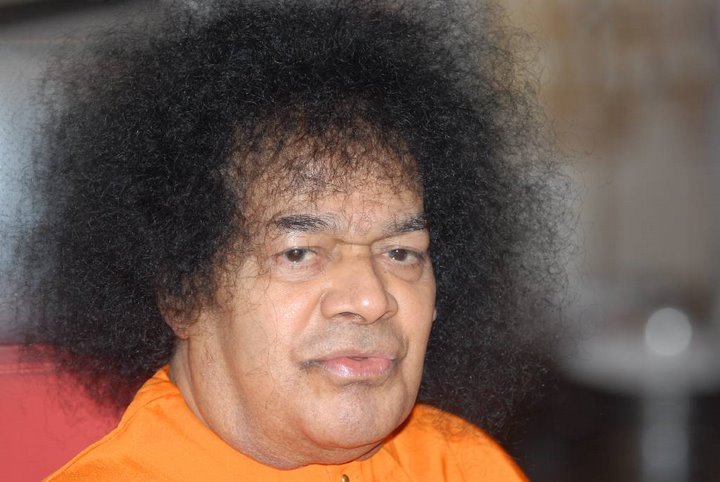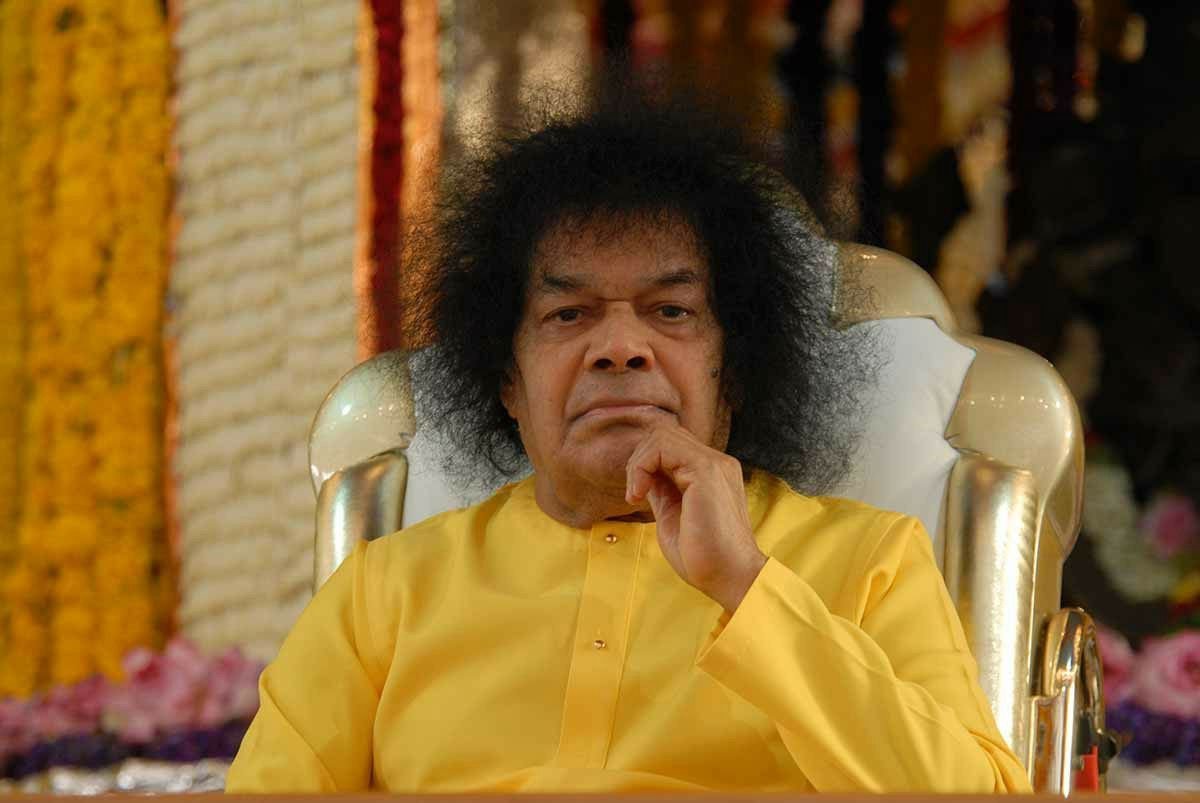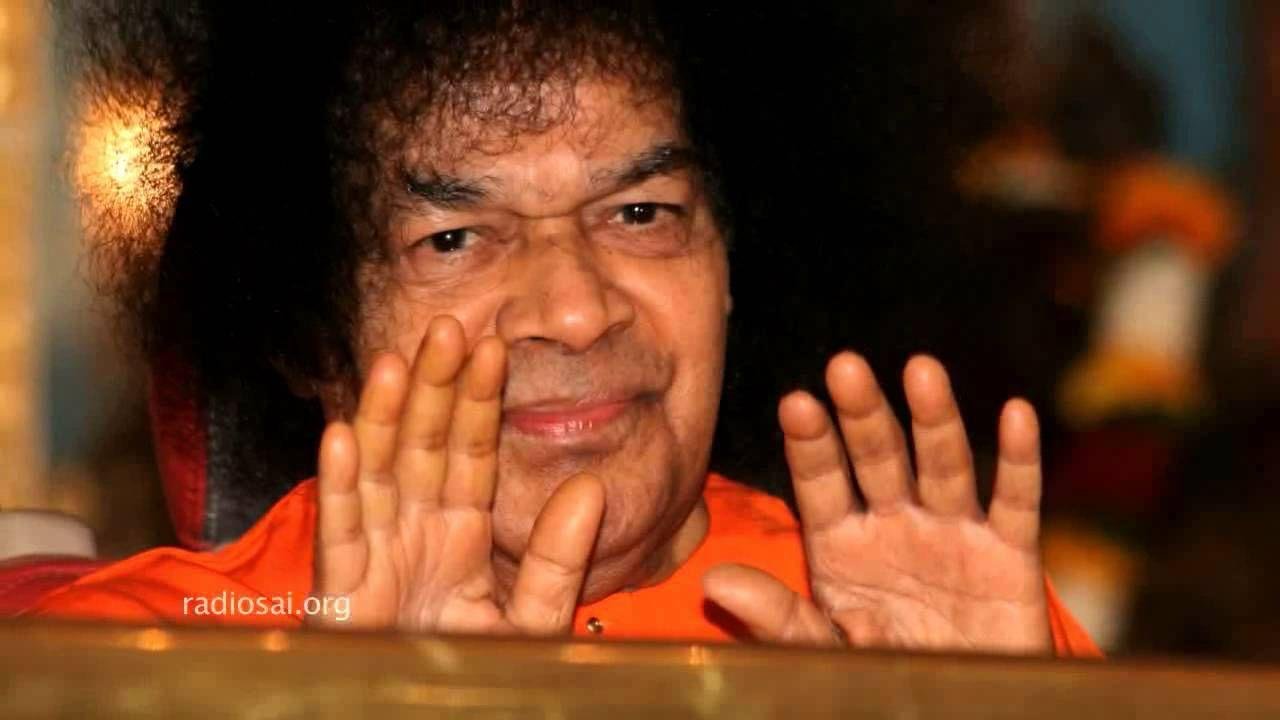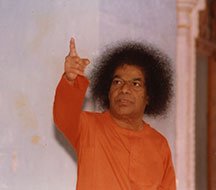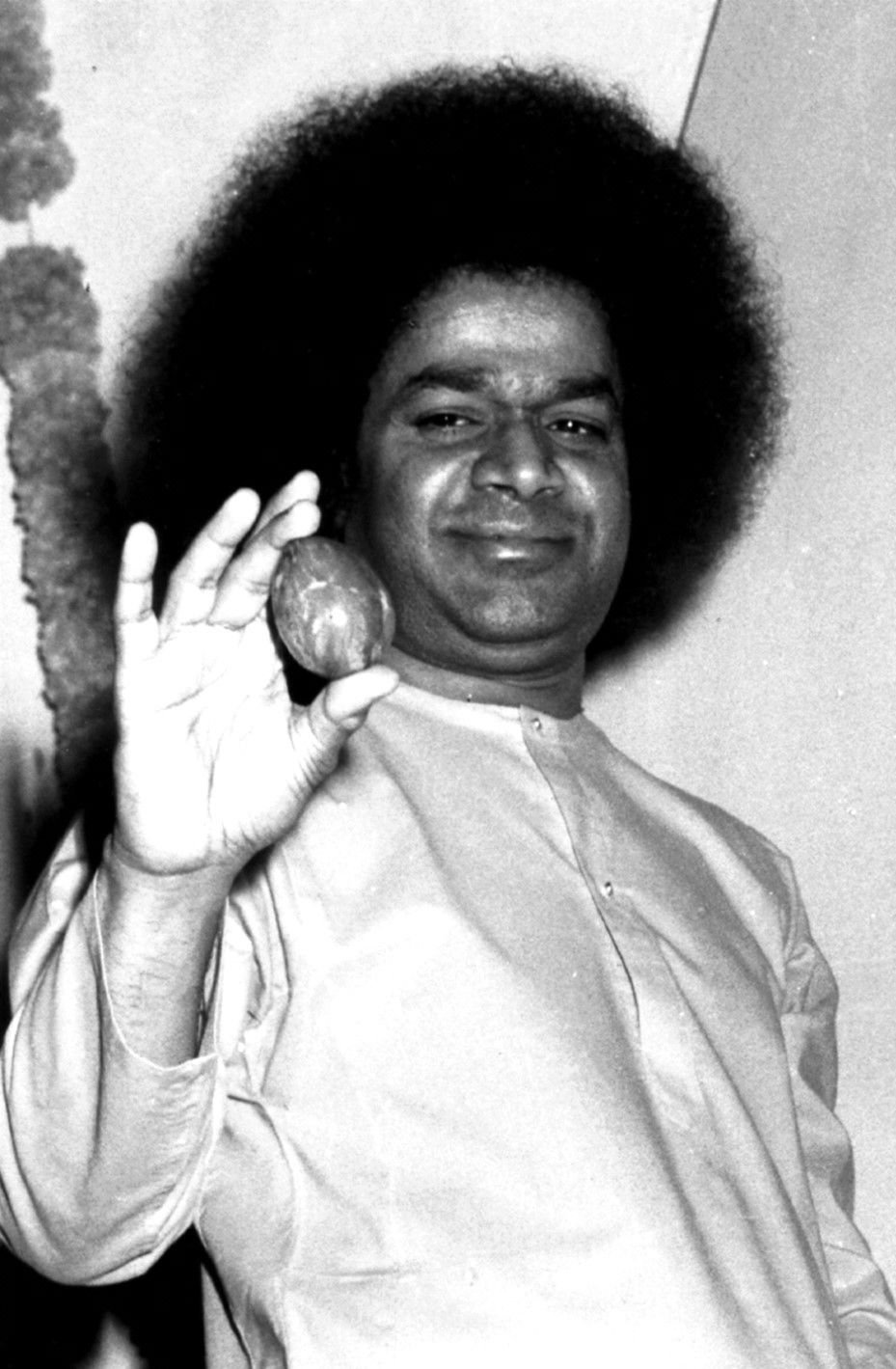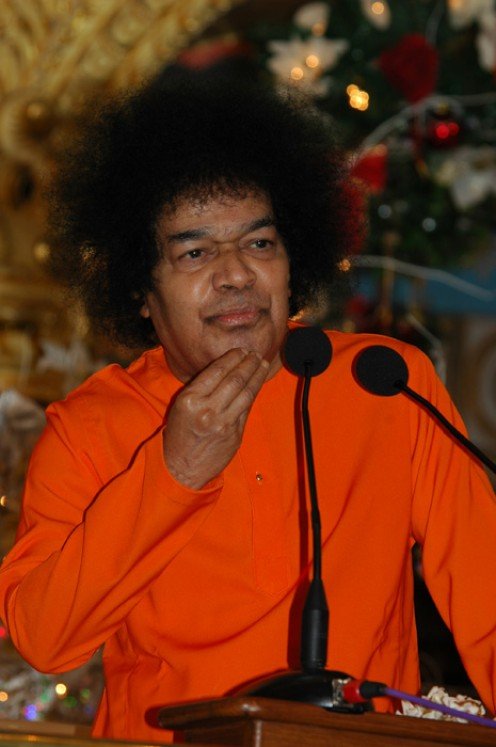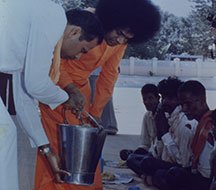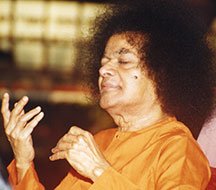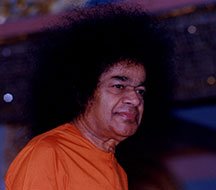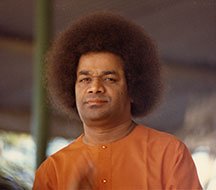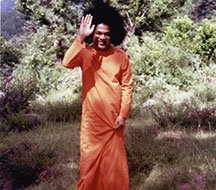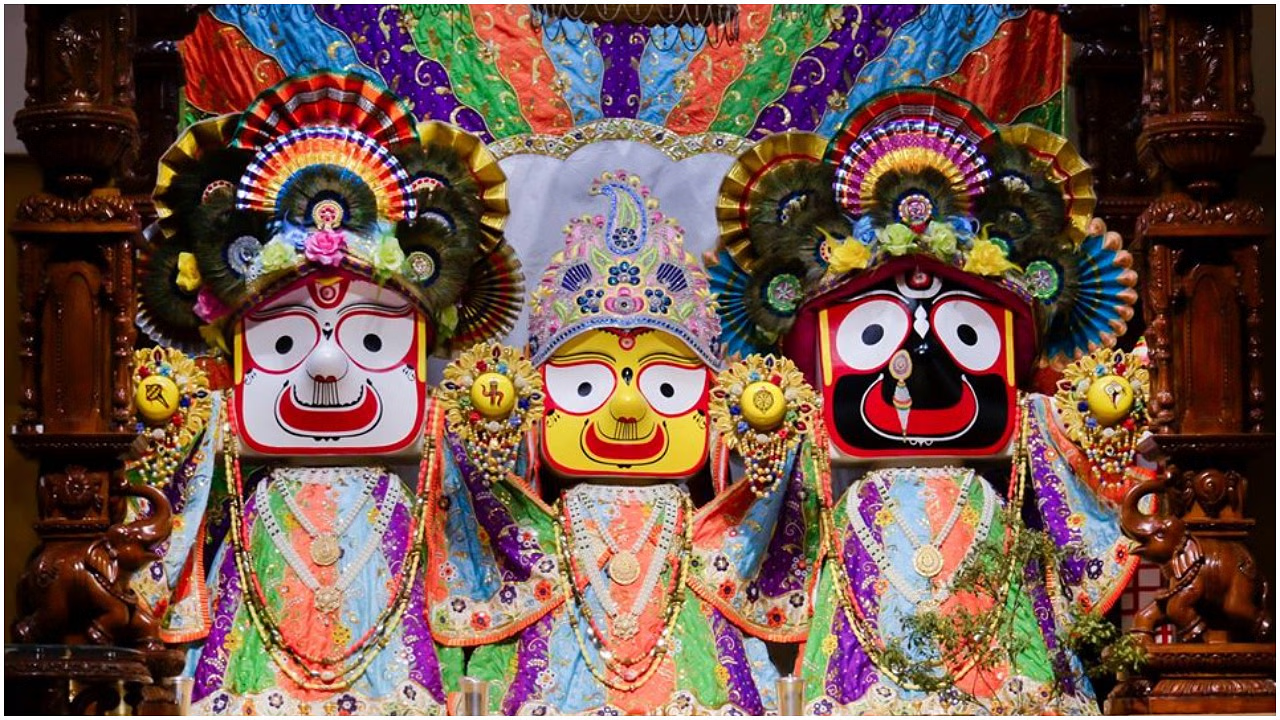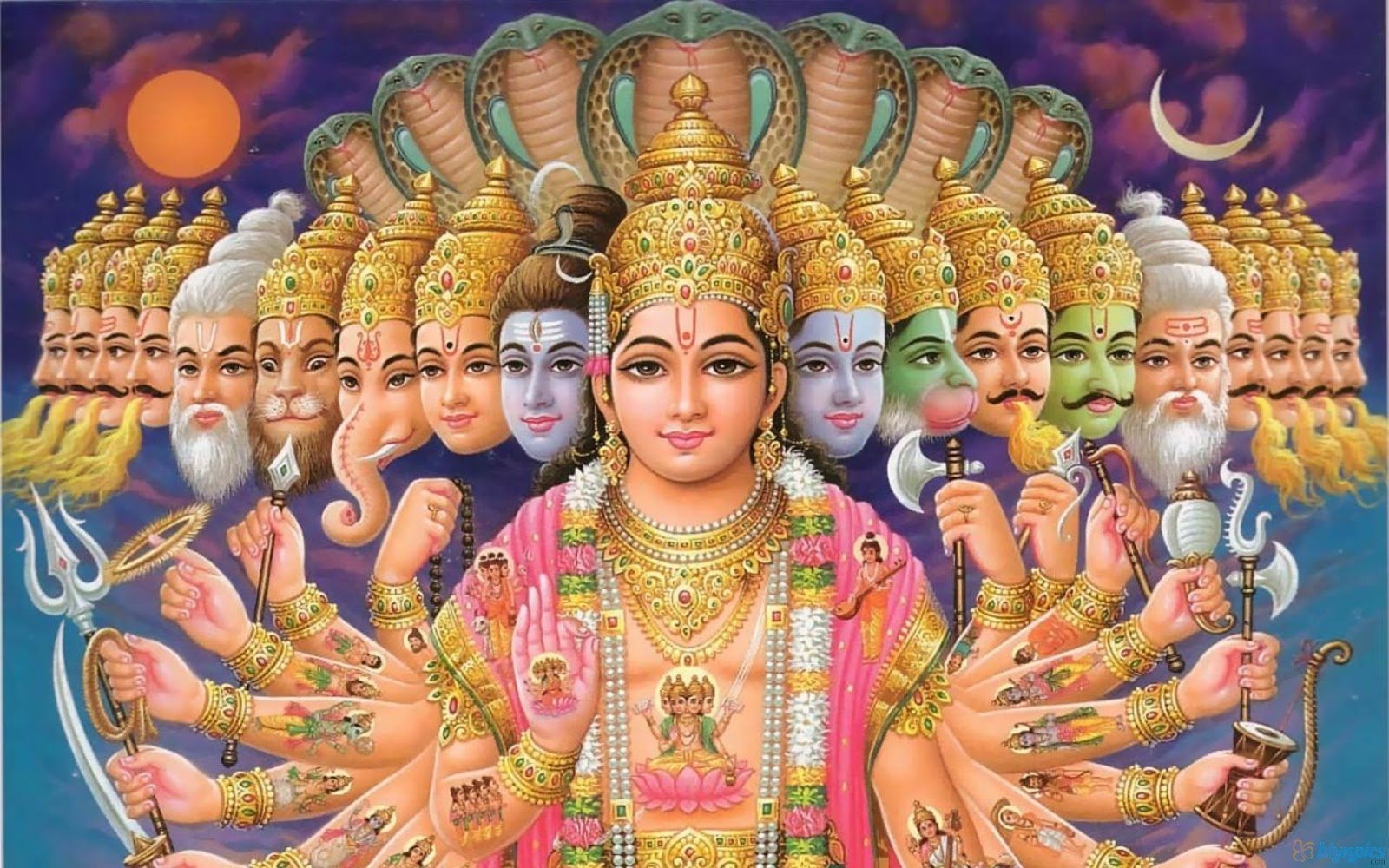
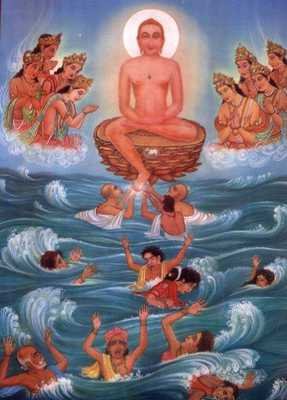
History and Origin of Rishabha Avatar
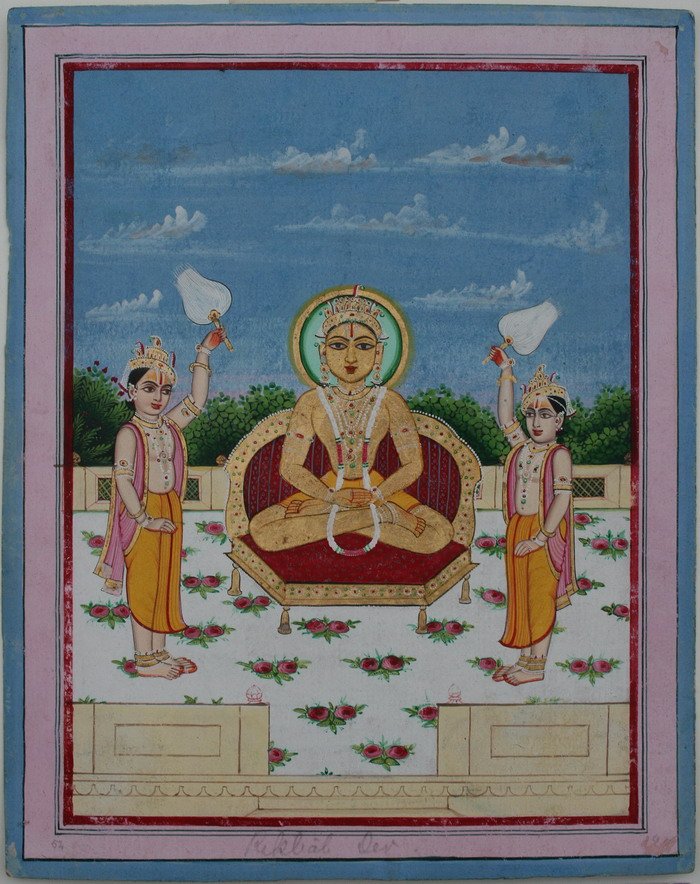
The Rishabha Avatar is said to be an incarnation of Lord Vishnu, and while the details of the story are sparse, it is closely connected with the legend of Rishabhanatha (or Rishabhadeva), who is revered as the first Tirthankara in Jainism.
In certain versions of the story, it is believed that Lord Vishnu incarnated as Rishabha to restore balance and to teach righteousness to the world during an era when the human race was morally and spiritually degenerated. In these texts, Rishabha is depicted as a wise and powerful figure, often associated with a bull, symbolizing strength, leadership, and dharma.
The avatar of Rishabha is not primarily known for a specific battle or heroic deeds like other avatars (e.g., Narasimha, Rama, or Krishna), but rather for the divine wisdom and teachings he imparted. Rishabha is considered the ideal of non-violence, asceticism, and self-realization, themes that also find resonance in Jain philosophy, where Rishabhanatha is revered as a great spiritual teacher.
Significance of Rishabha Avatar
Dharma and Righteousness: Like other avatars of Vishnu, the Rishabha Avatar’s primary role was to establish righteousness (dharma) in the world. Rishabha’s teachings revolved around the importance of self-discipline, moderation, and respect for all living beings.
Symbol of Strength and Courage: The association with a bull signifies the strength, power, and stability needed to support the world. The bull is also a symbol of agriculture, wealth, and prosperity in many Indian cultures. Lord Vishnu in the form of Rishabha embodies these qualities in a way that encourages people to uphold their duties with integrity and valor.
Asceticism and Renunciation: Rishabha is often depicted as an ascetic, teaching the value of renouncing material pleasures for spiritual awakening. This avatar stresses the importance of penance, meditation, and self-control.
Non-Violence and Compassion: One of the most important aspects of this avatar is his compassion towards all living beings and the emphasis on ahimsa (non-violence), which is central to both Hindu and Jain teachings.
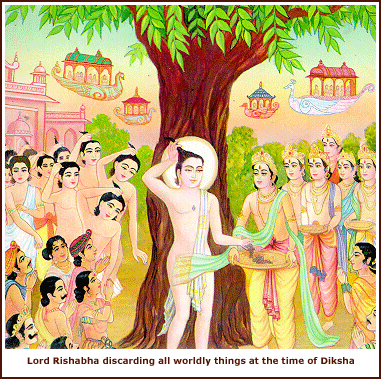
Adi Purush is typically meditated upon in deep spiritual practices, where seekers go beyond form (sagun) and connect to the formless divine.
You can meditate on Adi Purush using mantras and sacred chants to help your mind transcend ordinary perception.
The Teachings of Rishabha Avatar
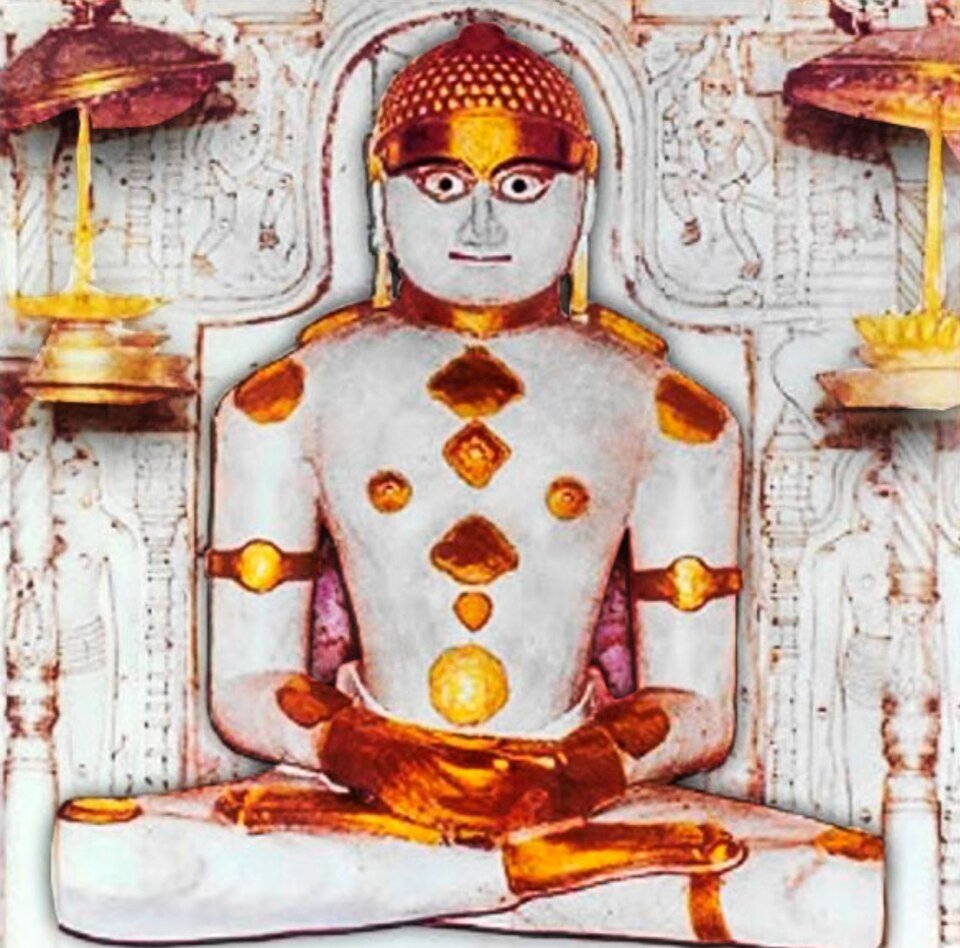
The Rishabha Avatar is a figure of profound wisdom, and his teachings can be summarized as follows:
- Asceticism and Renunciation: Rishabha teaches that true happiness is found not in the accumulation of material wealth but in renunciation and self-discipline. One should strive for spiritual purity through meditation, self-control, and detachment from worldly pleasures.
- Ahimsa (Non-Violence): A core teaching of Rishabha is the principle of non-violence, both in thought and action. This aligns with Jain principles but is also central in Hinduism, where non-violence is considered the highest dharma.
- Self-Realization: Rishabha stresses the importance of introspection and self-realization. By overcoming desires and focusing on the soul, one can attain liberation (moksha).
- Righteous Living: Rishabha is portrayed as an ideal model for human behavior. His life emphasizes the importance of living according to divine law and moral codes, practicing patience, humility, and compassion.

